The 21st century marked a turning point for China as it rose to take a central position in the field of artificial intelligence (AI) - a revolutionary technology industry.
Beijing has made AI a “national priority in various policies, funding initiatives and strategic plans” through its “New Generation Artificial Intelligence Development Plan,” which was released in 2017.
The plan includes funding for research, recruiting talent, developing AI infrastructure, and aims to make the country an AI powerhouse by 2030.
Bringing AI into every aspect of life
Taking advantage of the huge amount of data generated daily from its own population, Chinese companies and research institutes have trained and improved AI algorithms, applying them in many areas of life such as healthcare, education or transportation,...

Several Chinese medical institutions have made remarkable progress in applying AI to healthcare, from early disease detection to personalizing treatment regimens for each case, contributing to improving patients' conditions and health and reducing treatment costs.
In this field, AI algorithms are often used to assist doctors in detecting abnormalities in X-rays, MRIs, and CT scans as they are capable of identifying tumors, fractures, and infections with high accuracy.
Additionally, AI-powered image analysis is being used to diagnose diseases from pathology slides, helping to speed up the diagnostic process, reduce errors, and improve patient outcomes.
China has rolled out AI-based screening programs for diabetic retinopathy and certain cancers, enabling early detection and intervention, improving the chances of successful treatment.
AI is used to analyze electronic health records (EHRs) to identify symptoms and risk factors for disease, helping healthcare providers proactively manage patient health.
In education, AI improves existing systems from personalizing learning programs to improving management efficiency.
The way Chinese students learn has changed in line with the level of technology integration, for example personalized learning platforms are tailoring educational content to each student's needs and abilities, helping to narrow the educational gap and improve the overall quality of education.
AI-based tutoring systems are being introduced to provide real-time support to students, helping answer questions, explain concepts, and provide feedback on assignments.
The system can adapt to each student's learning ability and level of understanding, helping students keep up with the lecture while ensuring that it is not boring for students with good academic performance.
Such innovations can build better learning styles for students and improve learning efficiency.
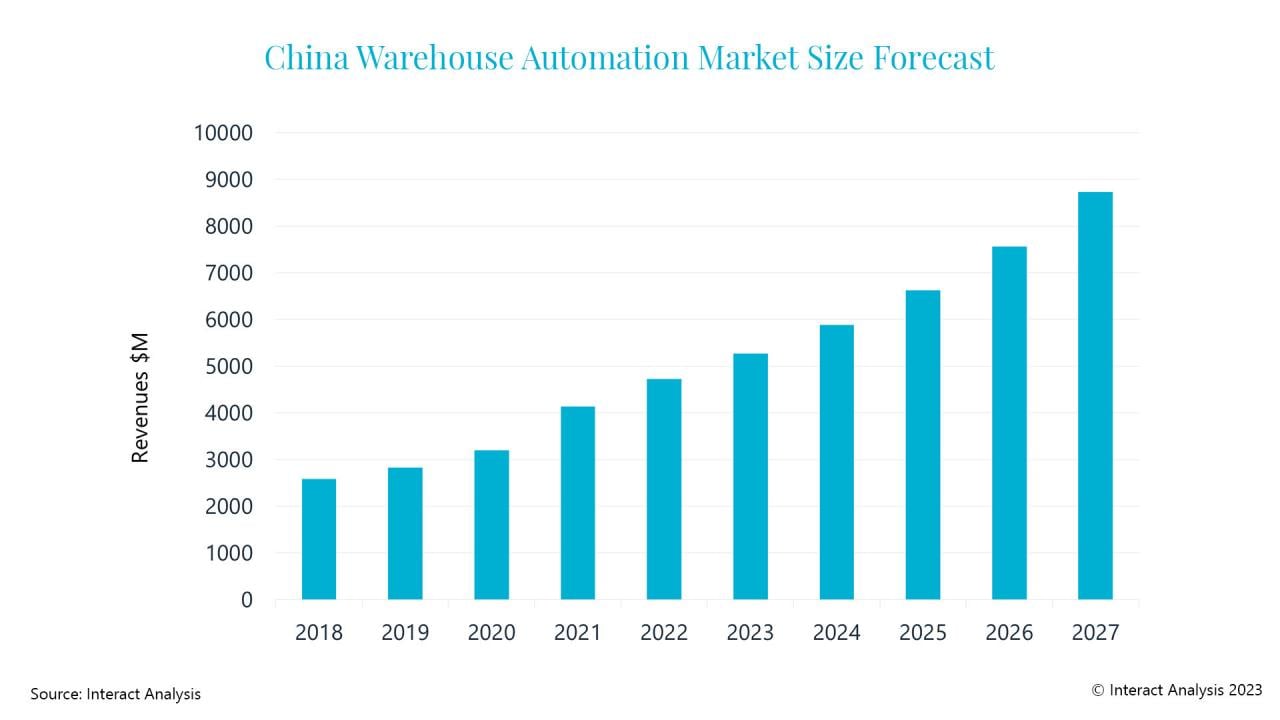
AI is also playing a major role in the development of autonomous vehicles, with the Apollo project led by Baidu. The proliferation of smart factories and the introduction of robotic automation in quality control systems are becoming more common, thereby improving efficiency, reducing errors and reducing costs.
Shaping the future of automation
According to a detailed plan by China's Ministry of Industry and Information Technology, the country aims to successfully produce its first humanoid robot by 2025.
By 2027, China aims to create robots that can think, learn and innovate. To support manufacturing, the Chinese government plans to establish a reliable industrial supply chain system.
The emergence of humanoid robots will signal a disruptive change in many different industries. Experts consider this a strategic move to shape the future of automation technologies.
Currently, the field of humanoid robotics is led by American companies, with Tesla's "Optimus" or Boston Dynamics' Atlas, but with strong industrial capacity, it is likely that Beijing can achieve significant growth in the next 5 to 10 years.
China's leading research companies in this field include Zhongda Intelligent Transmission, Miracle Automation Technology, Siasun Robot and Automation, and Shenzhen Sunwin Intelligence.
(According to CGTN, Inventiva)
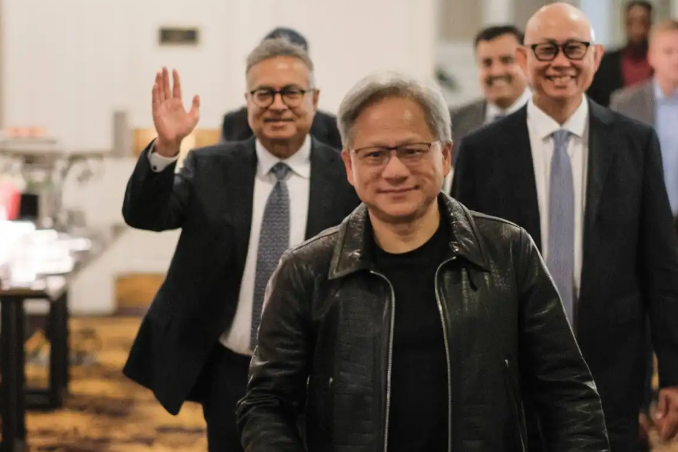
Nvidia CEO sees potential for AI market in Southeast Asia
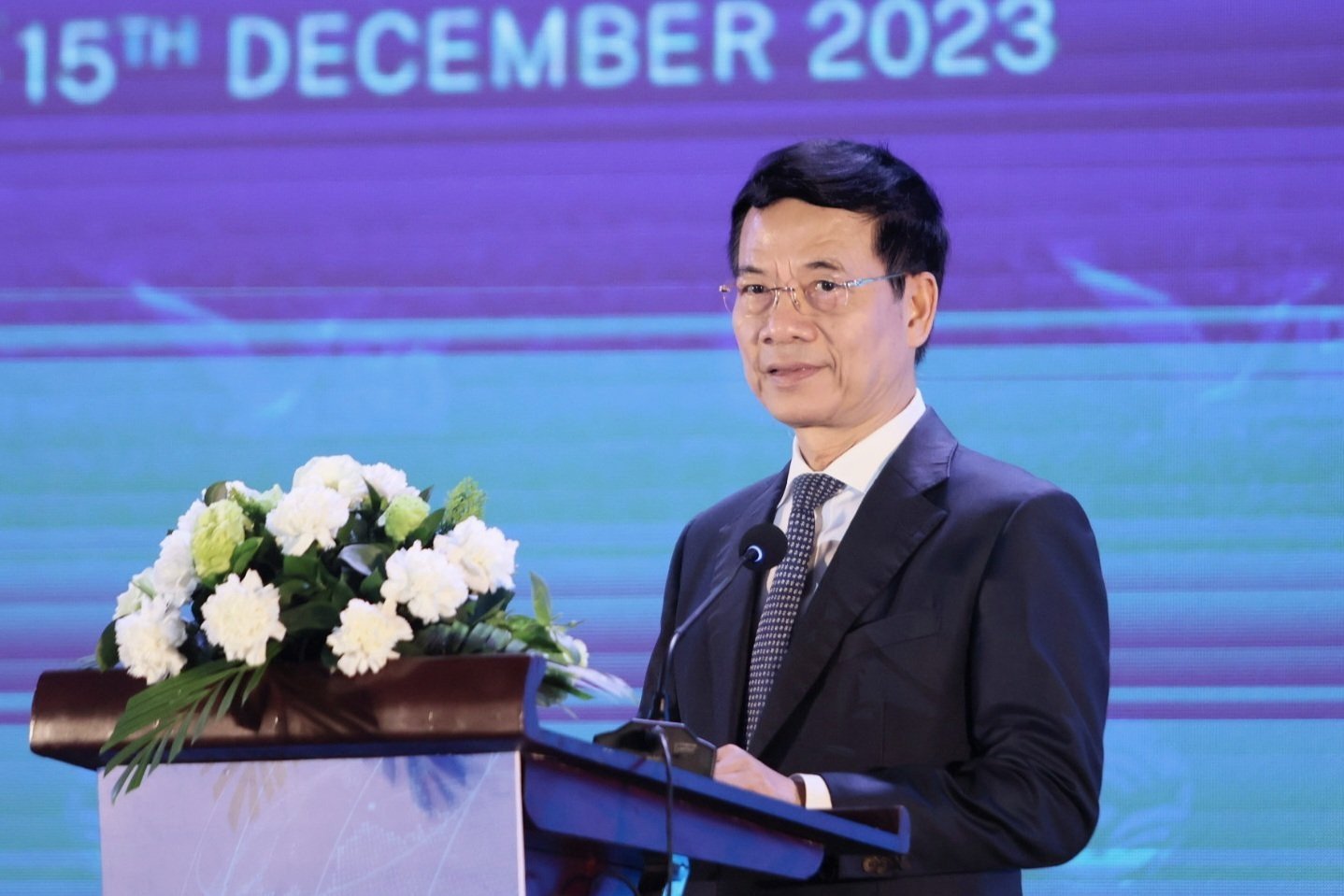
The development of AI brings both opportunities and challenges.
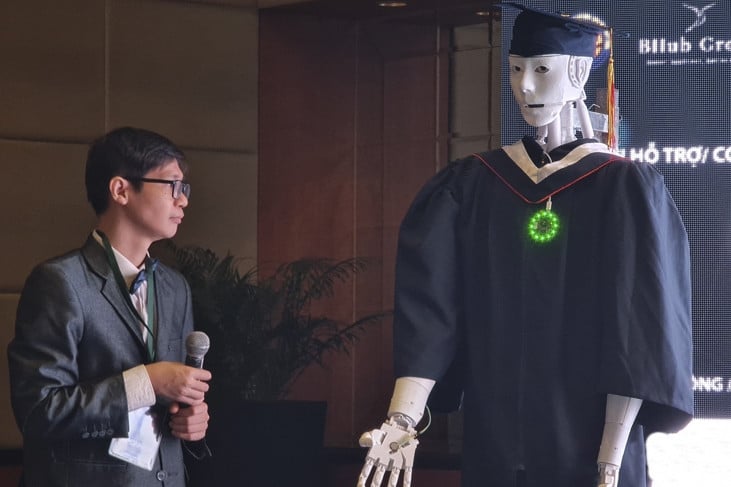
Google: Vietnamese people continuously search for AI robots Made in Vietnam
Source


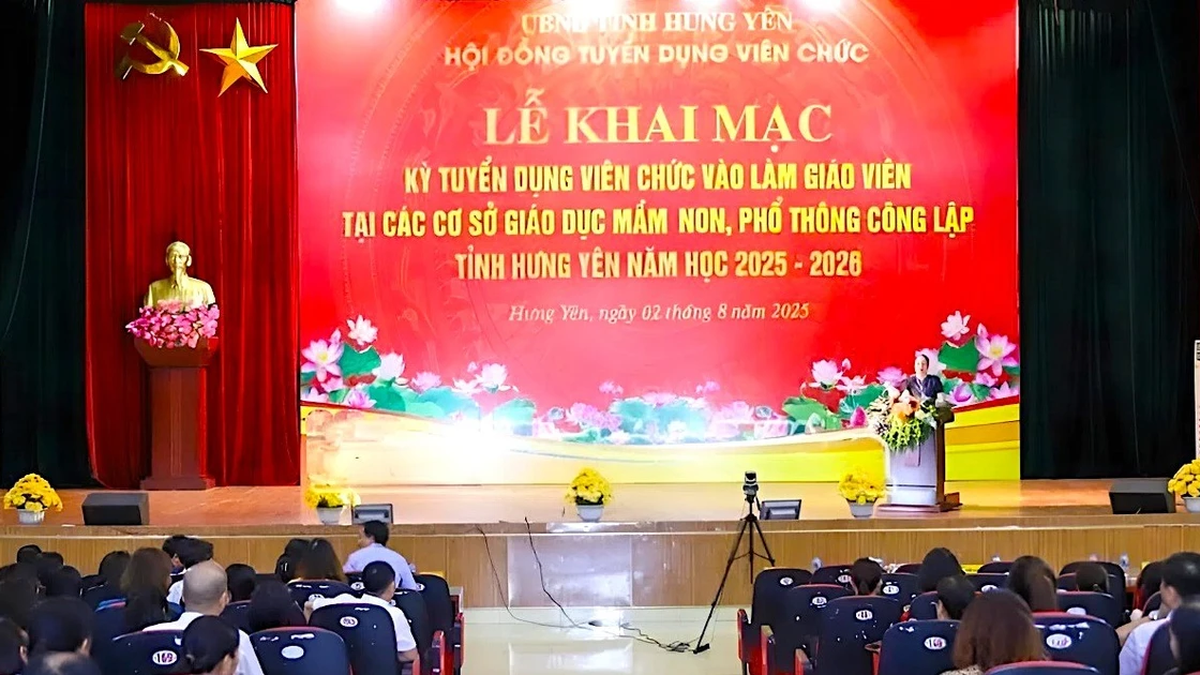
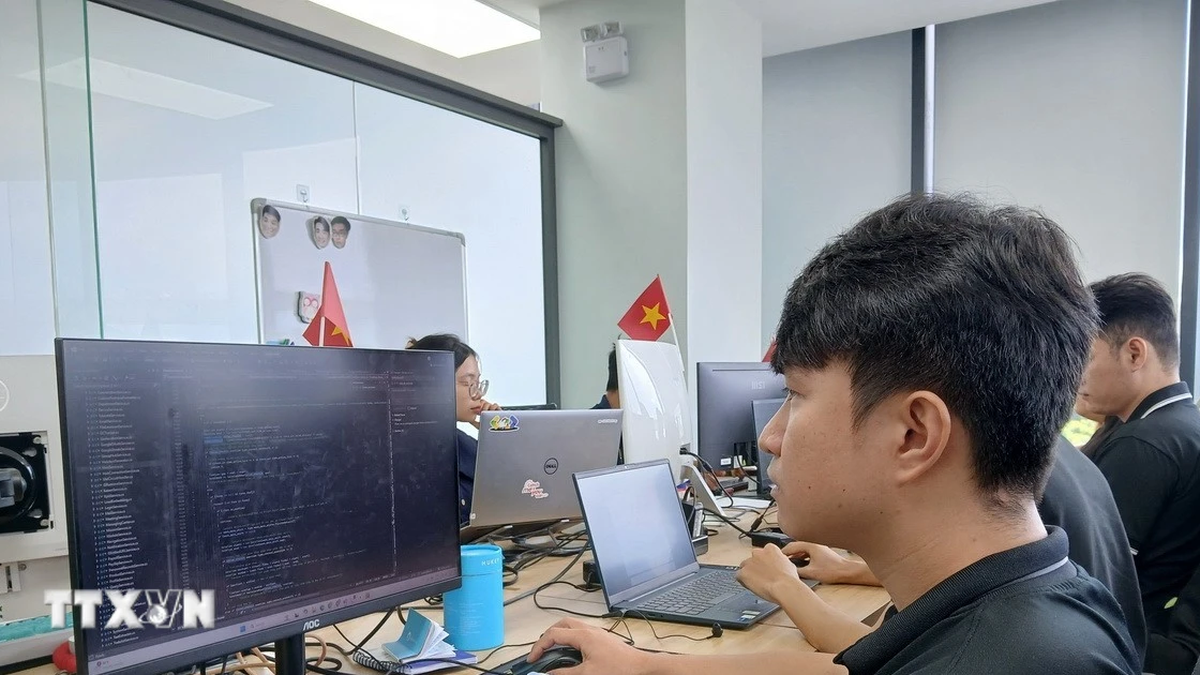

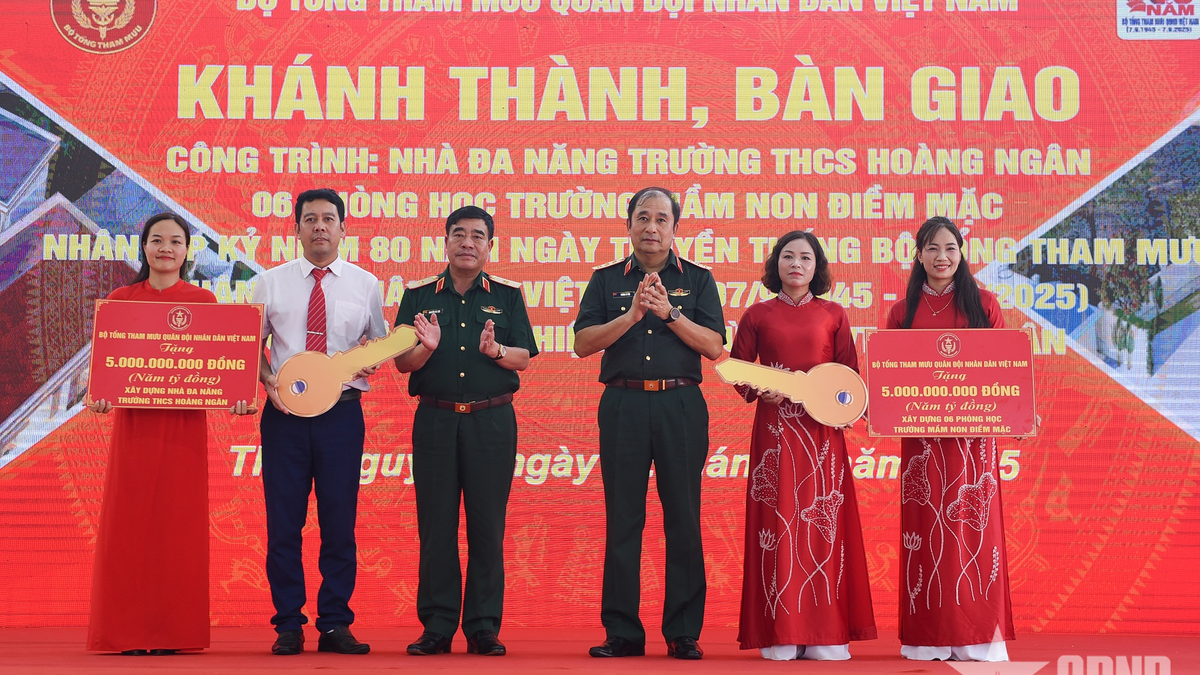
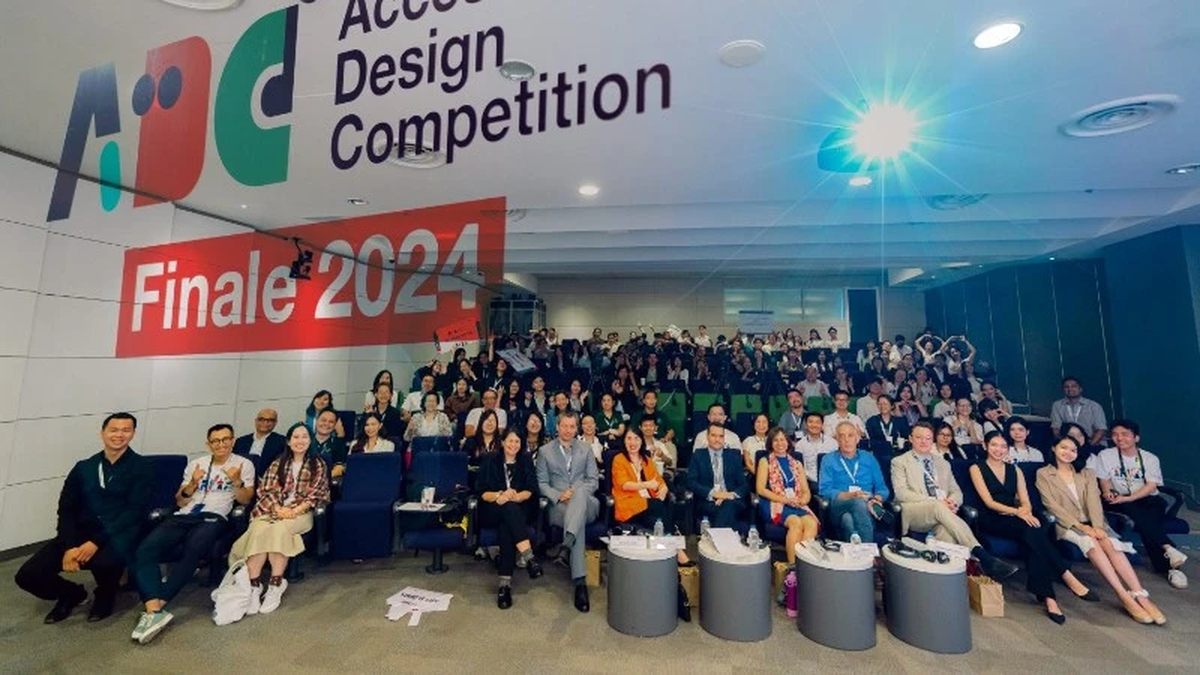


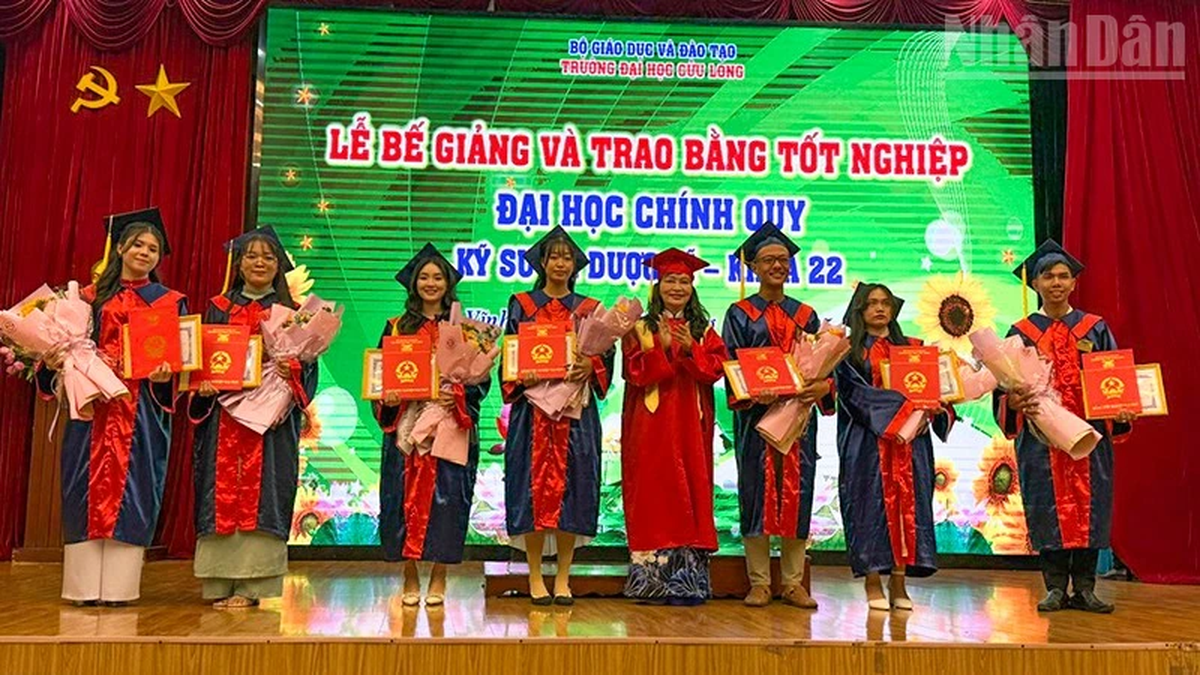
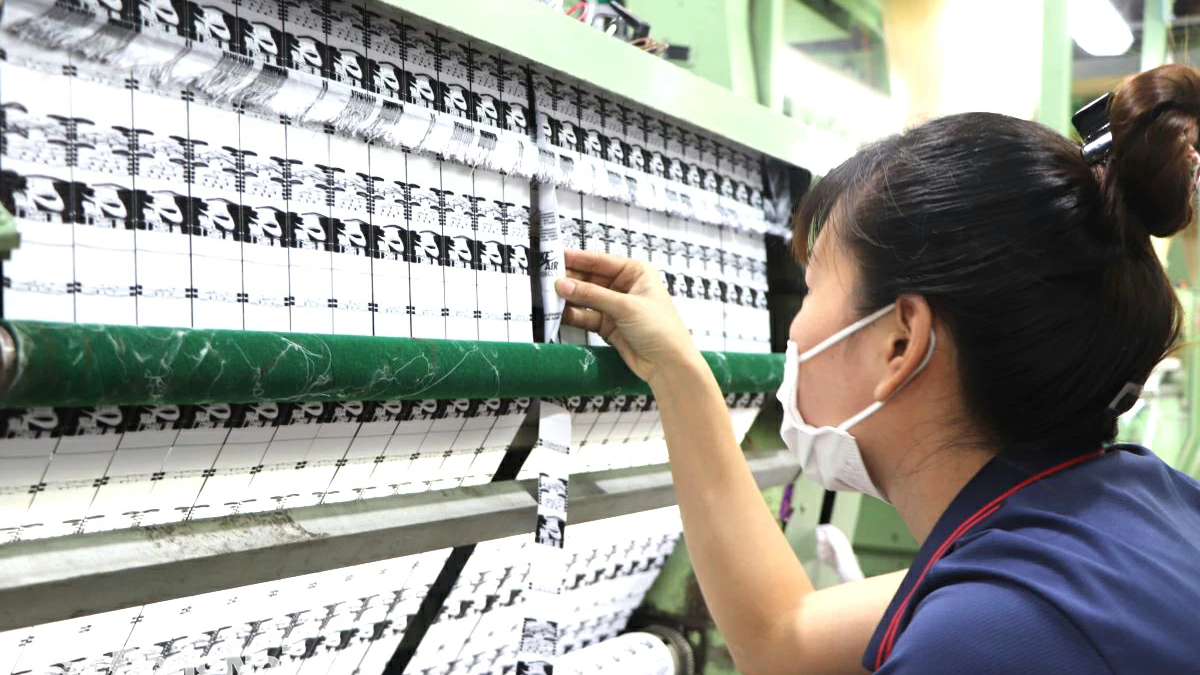
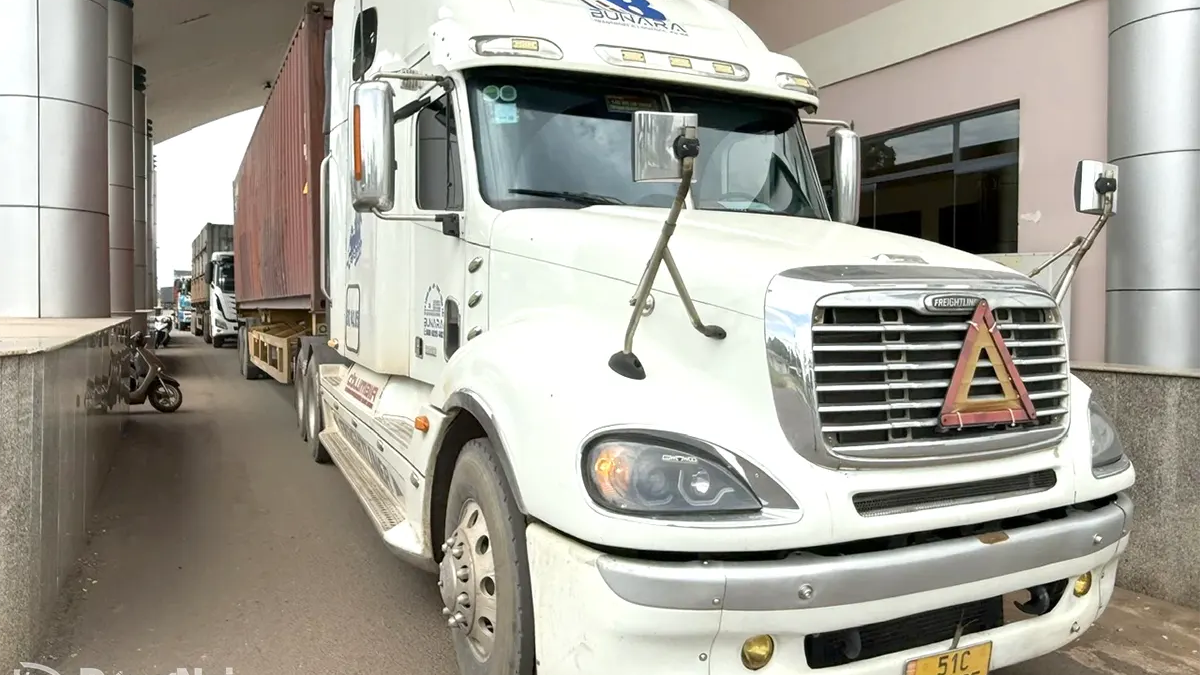
























































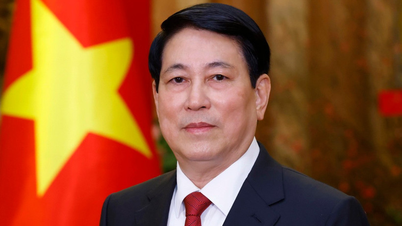



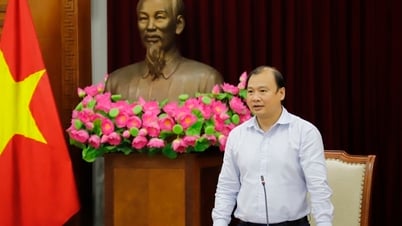





























Comment (0)